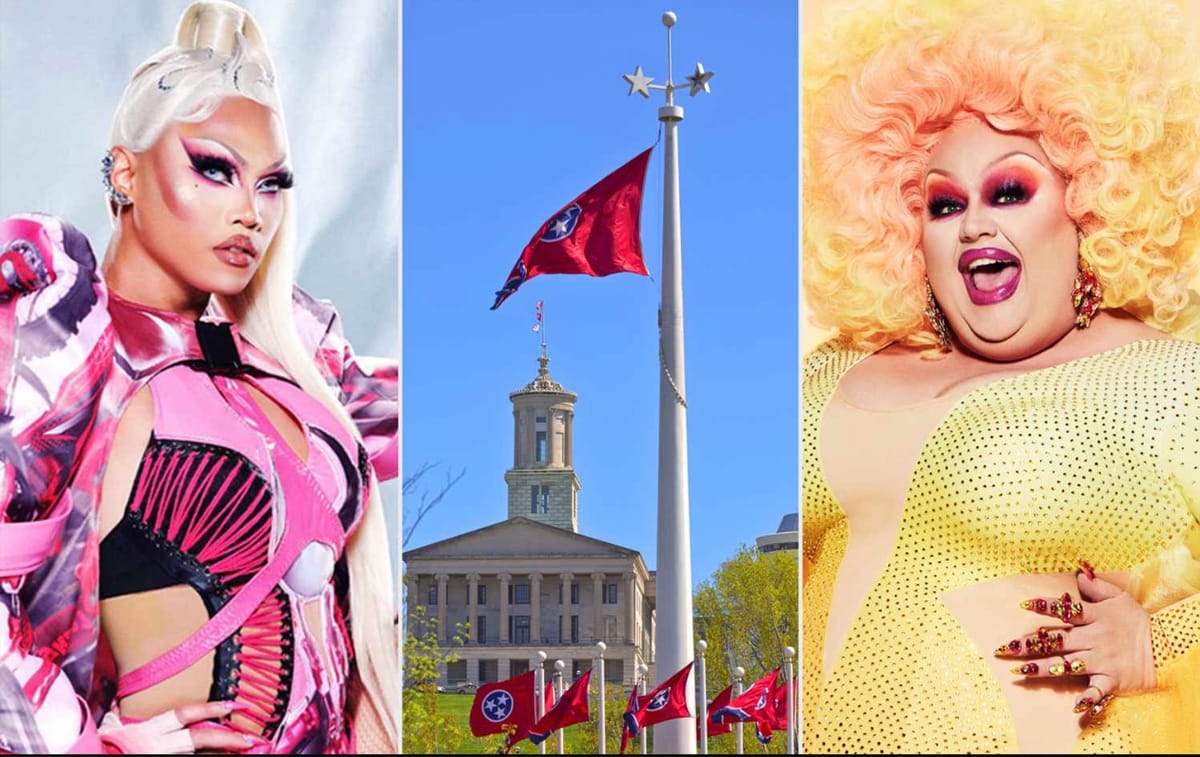Federal Appeals Court Dismisses Challenge of Constitutionality To Tennessee Ban Of Public Drag Shows With No Age Restriction

Why It Matters
The 6th Circuit Court of Appeals' decision on the constitutionality of Tennessee's law restricting drag shows has significant implications for state’s rights to set legal boundaries that protect children from harmful exhibitions of adult oriented entertainment, and whether those who engage in such activities have a 1stAmendment right to expose children to their form of what they consider “self-expression”.
What We See
The appellate court overturned a lower court's ruling, determining that the Memphis theater group, Friends of Georges, does not have standing to challenge the law because their shows do not inherently meet the criteria of "harmful to minors" as defined by the law. This decision reflects a more nuanced interpretation of the legislation, which targets performances deemed sexually explicit or prurient in nature.
Between The Lines
The court's rationale underscores a critical legal distinction between the mere act of dressing in drag and performing in a manner that could be harmful to minors. The clarification that not all performances by individuals in drag are sexualized or intended to appeal to prurient interests points to a legal safeguard against overbroad application of the law, aiming to protect artistic expression while maintaining protective measures for minors.
Case In Point
The Tennessee Attorney General's Office supports the court's decision, arguing that the state has a constitutional right to prohibit the exposure of obscene materials to minors. This stance is rooted in a broader governmental responsibility to safeguard children from potentially harmful content, taking into consideration the state's commitment to free expression with its duty to protect its younger residents, based on Tennessee"s 10th Amendment Right to determine what is and isn't harmful to children who live there.
The Other Side
The specific case of Friends of Georges highlights the challenges performers face under new legal standards that may affect their ability to express themselves freely. The court's decision emphasizes the need for performances to explicitly contain elements defined as "obscene" under Tennessee law to violate the statute, suggesting a legal pathway for compliant artistic expression.
What's Next
The future of public performances involving drag in Tennessee will see venues becoming more cautious about hosting such events without implementing age restrictions. The broader impact of the ruling could influence how similar laws are interpreted and enforced in other states, potentially leading to further legal challenges and a reevaluation of how performance art is regulated in relation to community standards and child protection.
Want a deeper dive?
Unlock full access to the article and ensure you're equipped with every crucial detail and fact—subscribe now to stay fully informed.